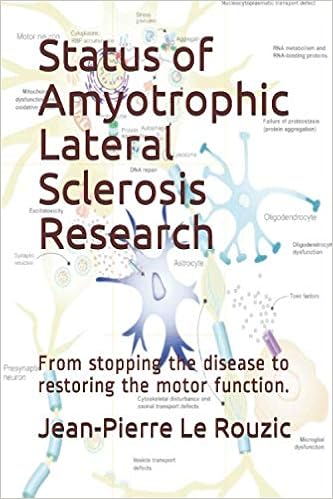A hypothesis describing a mechanism leading to Alzheimer's disease.
Scientists in an interdisciplinary team, have developed a hypothesis that the disease begins when we ingest excess fructose, this phenomenon would be accentuated if there is concomitant consumption of salt and /or alcohol. This excess fructose induces behavioral and metabolic changes, which ultimately lead to Alhzeimer's disease.
The study was published in Frontiers in Aging Neuroscience, it brought together an interdisciplinary team of neurologists, neuroscientists and experts on sugar metabolism
Behavioral and metabolic changes
In the wild, starving animals activate behavioral and metabolic changes to aid their survival once fat stores are depleted. This includes the development of foraging behavior, reduced energy production, and the development of insulin resistance which reduces the uptake of glucose into muscle, thereby promoting preferential uptake by the brain (Koffler and Kisch, 1996; Cahill, 2006).
Studies in humans have largely confirmed these results. The administration of fructose has unique effects on the attention and reward centers, resulting in more hunger and desire for sugary foods than glucose and which is linked to reduced cortical activity (Purnell et al., 2011).
In addition to stimulating hunger, thirst and the search for food, fructose increases the storage of fats, including in the liver, blood (triglycerides) and adipose tissue, thus providing stored energy as well as metabolic water when needed (Johnson et al., 2016).
Deleterious effects of uric acid. Uric acid, generated by fructose, increases blood pressure responses by reducing endothelial nitric oxide, stimulating oxidative stress, and activating the renin-angiotensin system. There is also a very active stimulation of innate immunity, probably mediated by uric acid. These are all protective systems to help survive extreme conditions like famine.
But it is speculated that if it lasts too long, chronic mitochondrial oxidative stress results in impaired mitophagy with the buildup of damaged mitochondria and fewer functioning mitochondria (Shefa et al., 2019), thus affecting overall energy production. and metabolism and resulting in increased dependence on glycolysis.
Generation of fructose in the body Certain foods that do not contain fructose also activate aldose reductase (AR) and stimulate endogenous fructose production, including high glycemic carbohydrates, salty foods, and alcohol (Lanaspa et al., 2013, 2018 ; Wang et al., 2020).
Aldose reductase is expressed in neurons, including the hippocampus (Picklo et al., 2001; Hwang et al., 2017). The activation of aldose reductase leading to the generation of fructose has been shown in the brain after dehydration in rats (Song et al., 2017) as well as after glucose loading in humans (Hwang et al. , 2017). Importantly, there is evidence of endogenous fructose production in patients with Alzheimer's disease, with intracerebral sorbitol and fructose levels 3-5 times higher than normal (Xu et al., 2016) .
Conclusion In one of the scenarios described by Johnson and colleagues, glucose hypometabolism increases oxidative stress and induces progressive loss of mitochondria, ultimately leading to neuronal dysfunction and death. In this scenario, the amyloid plaques and neurofibrillary tangles are part of the inflammatory response and participate in the injury, but are not the central factors of the disease.

